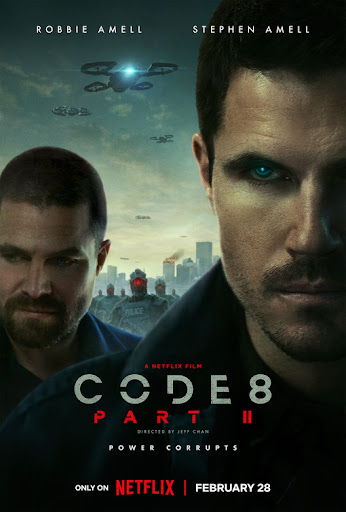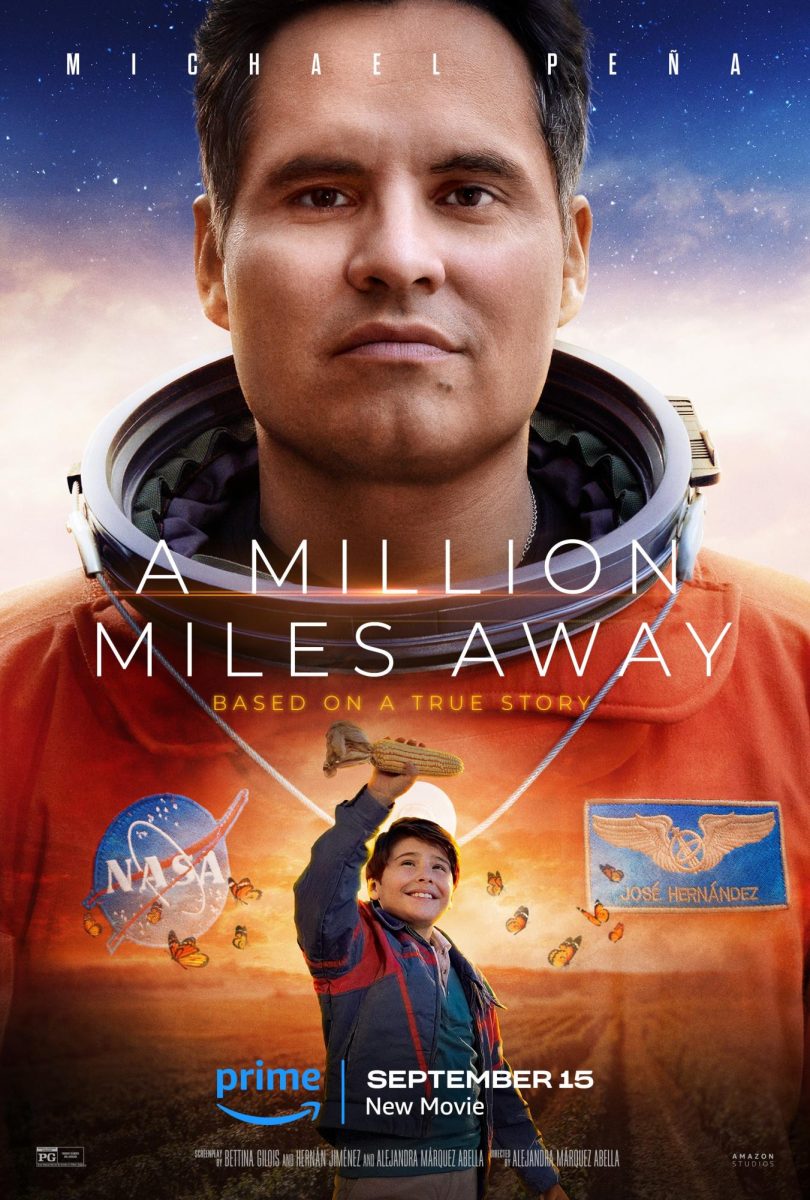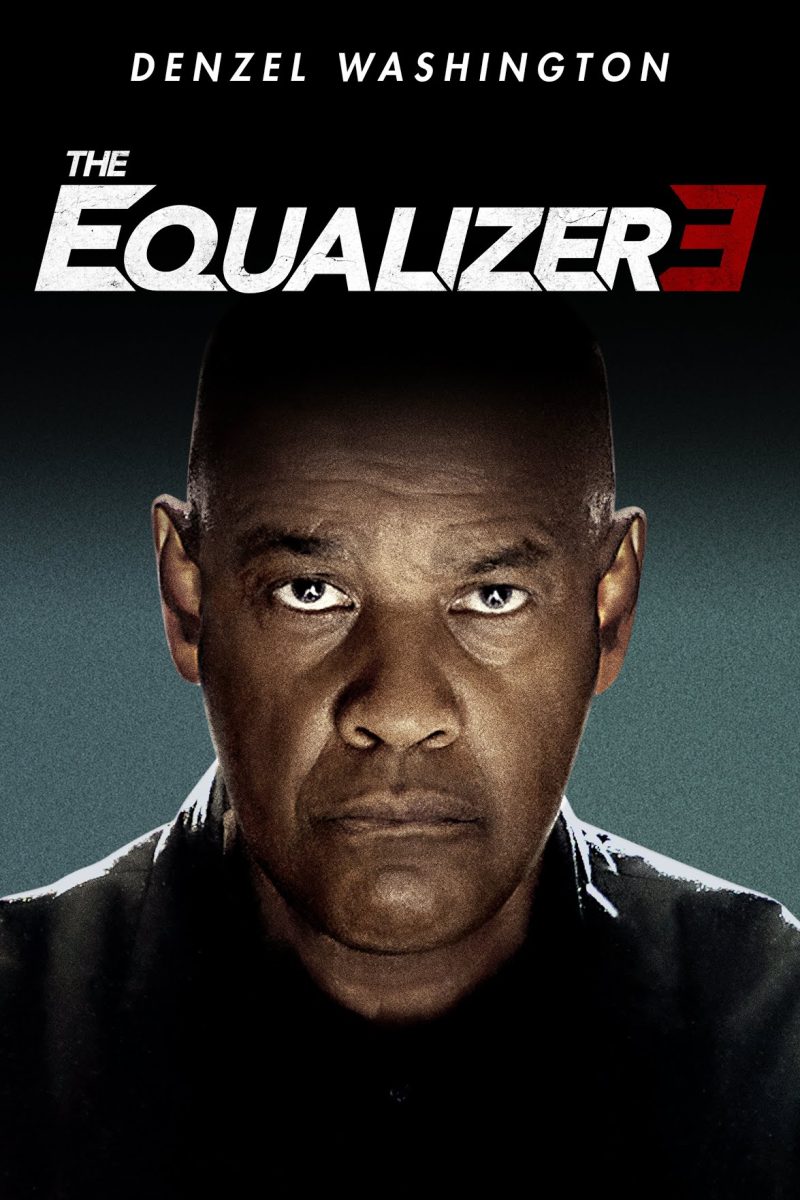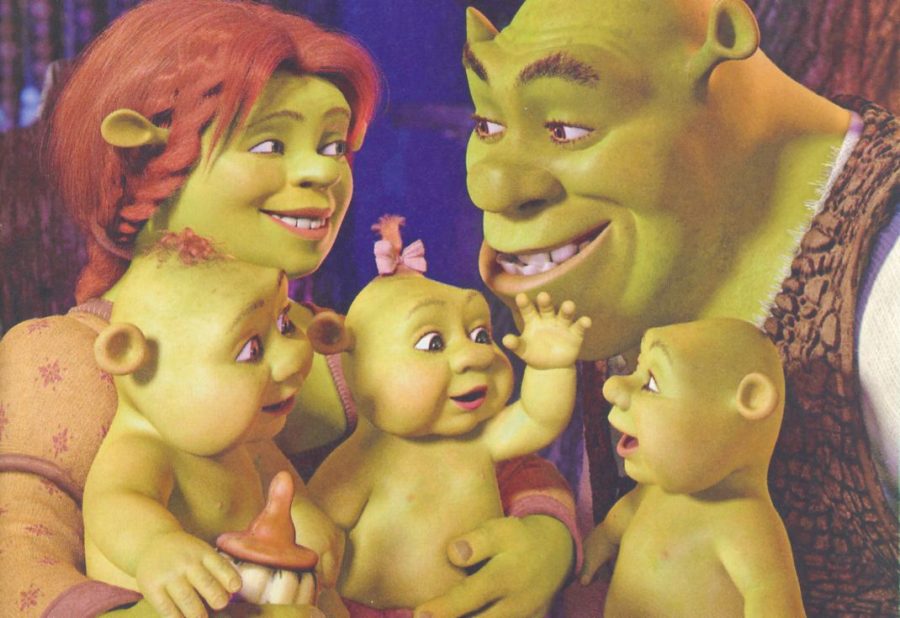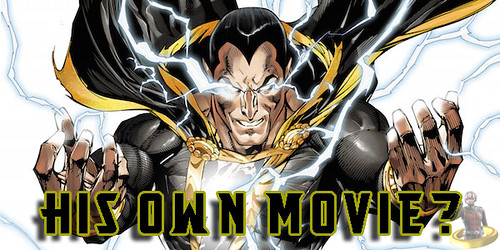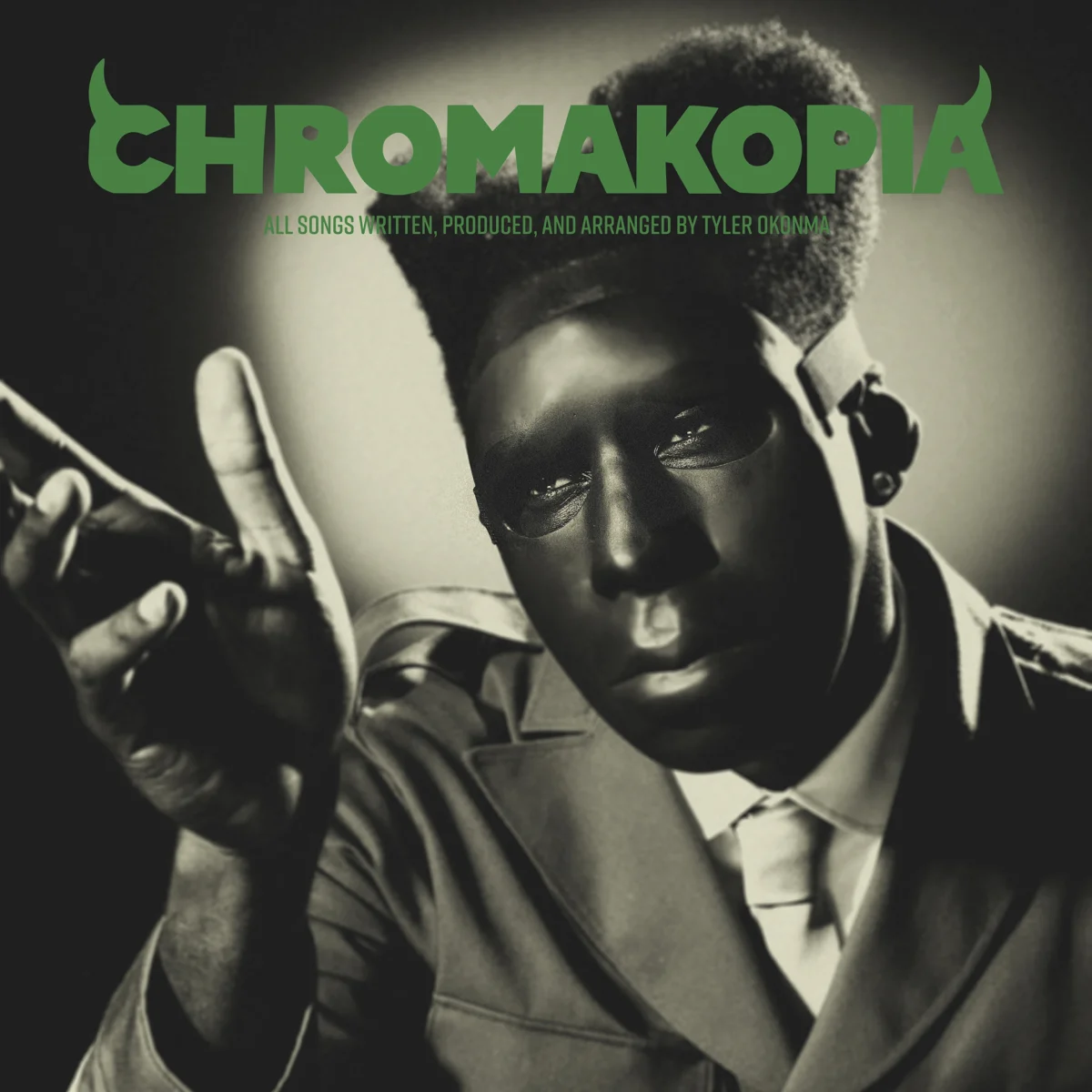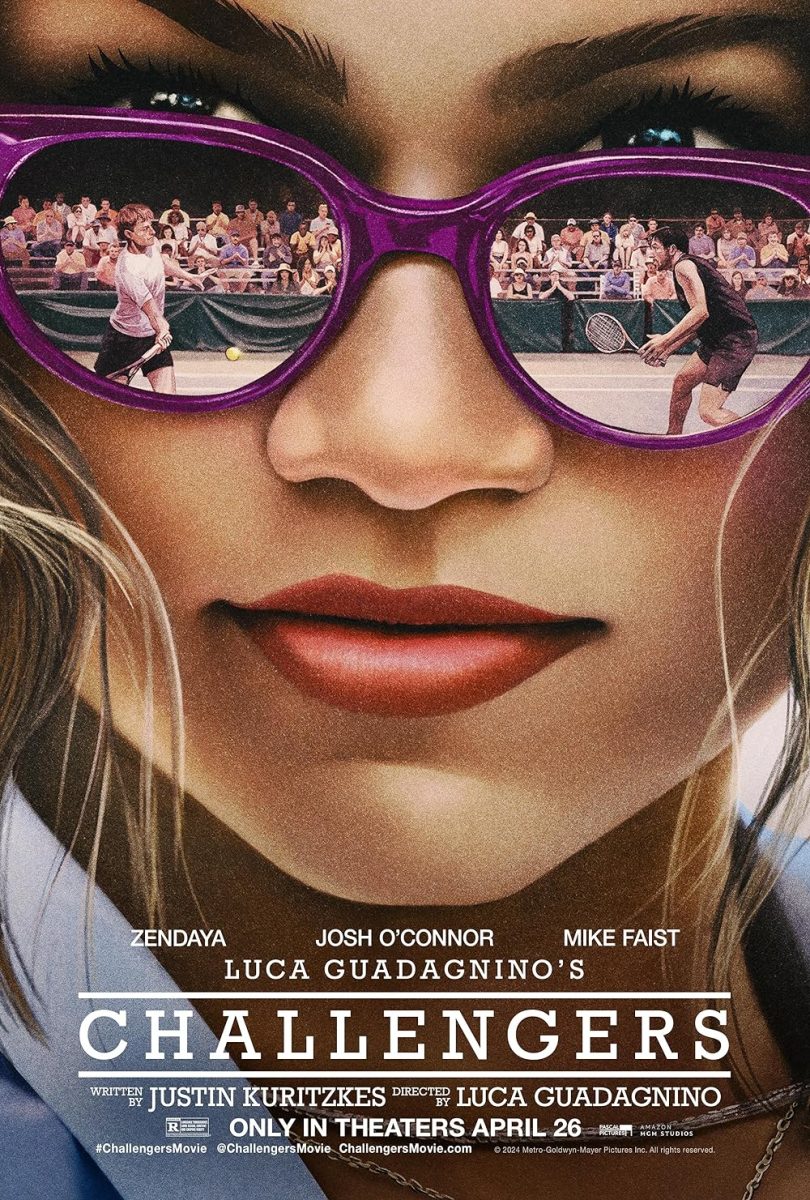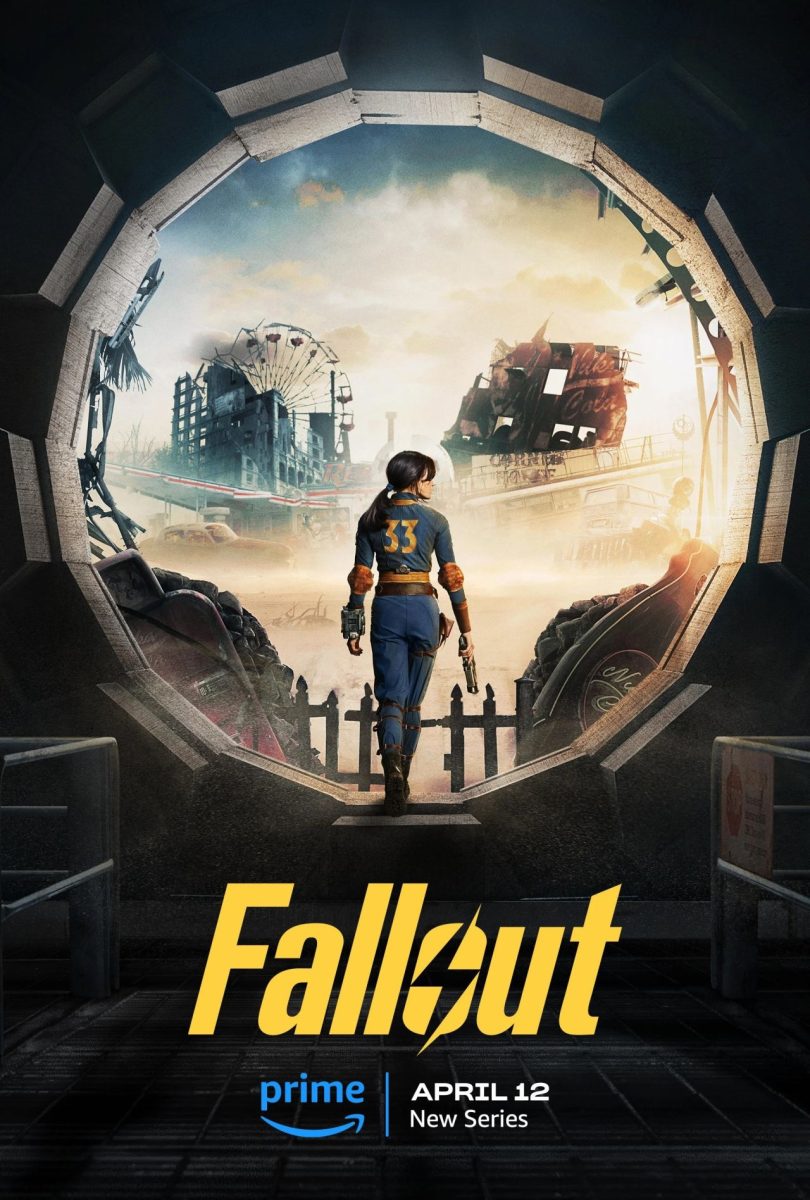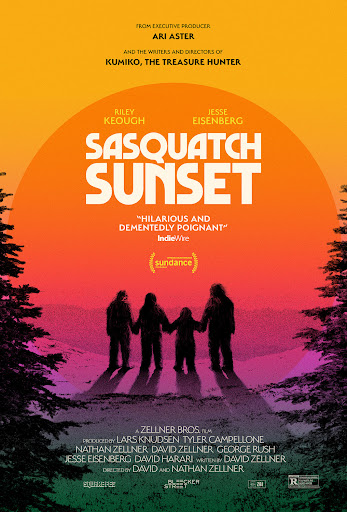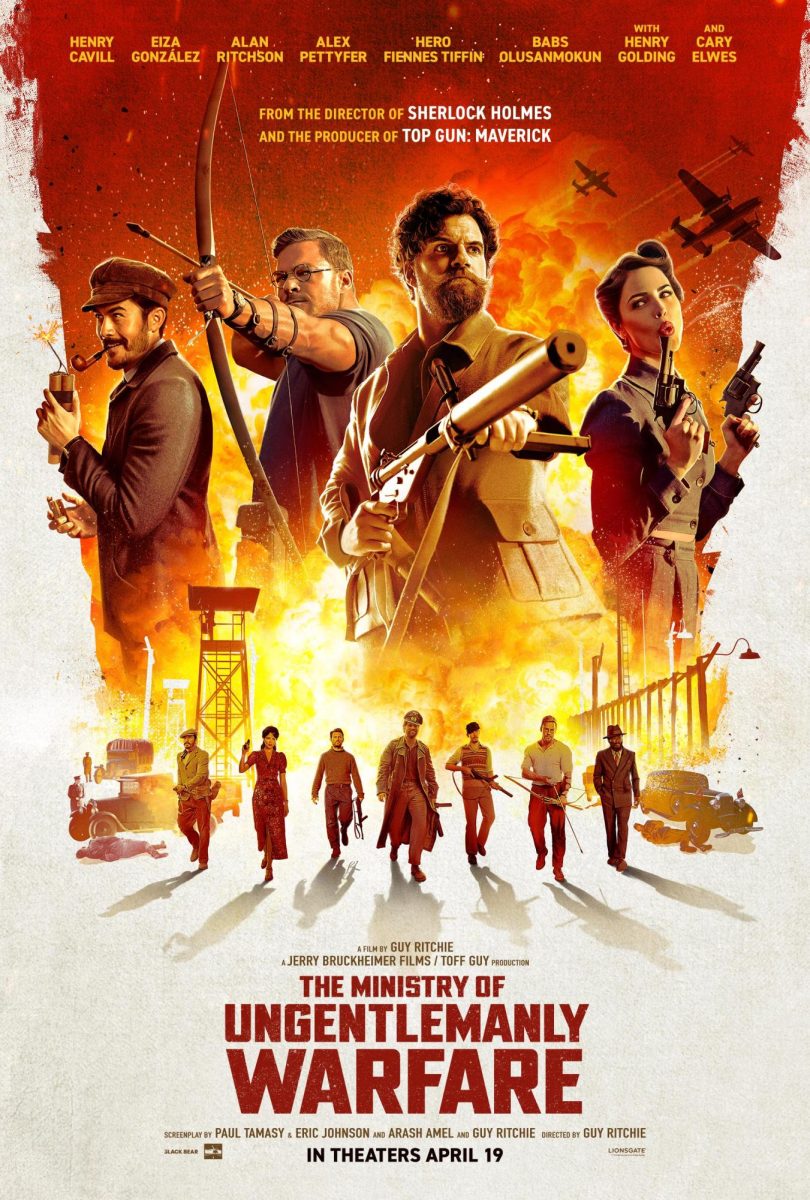Director, screenwriter and producer Andrew Niccol is no stranger when it comes to creating high concept films that answer the “what-if” questions people ask themselves when they are inebriated on good times.
He showcased the idea of a society with its caste system based on genes in the film “Gattaca” and concept of using time as currency in the movie, “In Time.”
This time, Niccol teamed up with Netflix to create another high-concept dystopia, “Anon,” and although its “what-if” scenario is certainty a good one, it felt a little off with its plot.
“Anon” answers the political question if government should be invade one’s privacy for the sake of preventing terrorism and maintaining order; relating to current case of Congress and user’s privacy on Facebook.
The film is based on society in the near future in which the government eliminates privacy in order to fight crime.
Society in the film is under constant surveillance and its citizens accepts the de facto self-censorship as they are monitored in their daily lives.
The movie’s setting does not contain the tropes one associates with films based in the future, such as flying cars, teleportation or visiting other planets in space. It does, however, show how technology has evolved to the point in which a person’s visual cortex is connected to a massive computer network.
Picture someone wearing Google Glass except with the headgear and the awkward interface.
No longer needing the use of smartphones and computers, citizens are able to network and browse for information mentally, while storing their memories as digital video files.
“Anon” focuses on main protagonist Sal Frieland, protrayed by Clive Owen, and his plight of trying to solve a case of a killer who is basically a “ghost” in the data-banks.
Sal is your stereotypical smoking, alcoholic detective whose face is the very definition of depression and loneliness; at least for the majority of the film.
When given the classic whodunnit case, Sal goes through other people’s memories and data-banks in order to develop a possible list of suspects.
Not only did he find that the files were corrupted and heavily edited by a hacker to where it makes it almost impossible to figure out who did it, he finds that the hacker is able to manipulate what the victim sees and making them watch their own death.
During his investigation, he encounters a woman, later known as Anon, portrayed by Amanda Seyfried, who is a possible suspect and one of the few hackers hidden within the system.Trying to utilize himself as a potential target, Sal goes undercover and hires Anon to “cleanse” and censor his memories. Sal’s world goes upside down as he goes deeper into his investigation, especially when Anon figures out Sal’s true identity.
“Anon” doesn’t have the most original and groundbreaking plot. It heavily uses the stereotypes of every noir film: the mysterious, toxic femme fatale; the “I drink heavily because someone close to me has died because of me” detective; the predictable “unpredictable” true killer and of course the infamous “you’re getting too attached to this case” line.
Although their characters are, again, stereotypical and static, both Seyfried and Owen were able work with what they were given in the script and did a decent job.
The only downside was when their characters are beginning to develop some sort of a romantic relationship, in which it feels forced.
“Anon” illustrates the world without privacy pretty well through how embedded technology and networking is within the judicial branch. “Anon” uses a similar aesthetic to Steven Spielberg’s dystopia crime film, “Minority Report,” having a desaturated, almost monochrome color scheme that gives the future with no privacy a bleak feeling.
The interface of the network looked appealing through the use of minimalism and how fluid it is, almost mistaking the film as an interactive movie. The film also utilizes the first person point of view a lot, emphasizing how easy a hacker can manipulate a person perception.
The ending of “Anon” felt bland, confusing and predictable, making you ask yourself, “this is it?”
It almost makes you want to go back to figure out what was the message of the story, although it probably won’t do much for you.
“Anon” is not Niccol’s greatest achievement, but it didn’t totally suck either. It was just “meh”, maybe a couple of “ahhs” at best.
The movie did an adequate job giving the viewer a peek of an alternate future where privacy is non existent.
It’s no Oscar winner for sure and it’s definitely not “Gattaca,” but it’s enough for those who have too much time on their hands.




